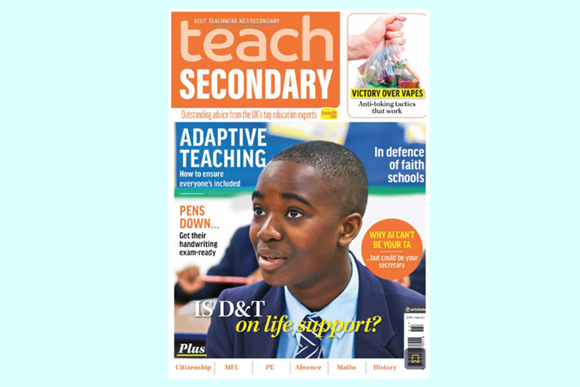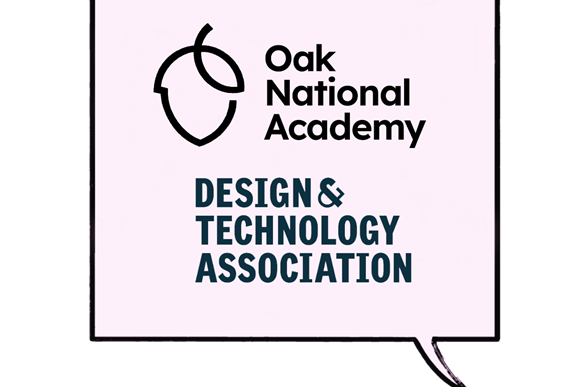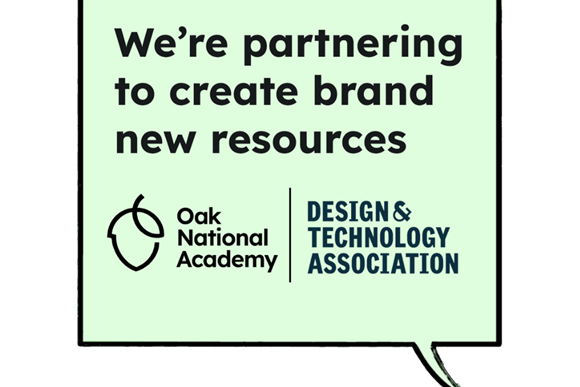Response to House of Lords Report – Requires Improvement: Urgent change for 11-16 Education
Published 12th December 2023
This enquiry focused on whether the current system effectively equips young people with the knowledge, skills, and behaviours they need to progress to the next phase of their education and to flourish in the future. We believe this was the correct question to ask, and from the responses received to the inquiry, we think it is fair to state the answer is a pretty categoric “no”.
To quote the inquiry summary, “The evidence left us in no doubt of the need for urgent action,” which most educators have been saying for some time. Students currently in year seven will not leave mainstream education until the 2030s and will enter a fast-changing world within which AI is well-established and knowledge availability will be plentiful. The skills and attributes required to thrive in such an environment will be those machines cannot easily provide or replicate.
The report identifies that it is impossible to predict what jobs will be available when these young people enter the workforce, but it correctly states that digital, creative, and technical skills are likely to be in even greater demand. The inquiry also recognises the increased importance of what used to be termed “soft skills” and have more recently been more accurately labelled “human skills” such as collaboration, communication, creative thinking, information literacy and problem-solving. The report accurately recognises that opportunities to develop these interpersonal skills are currently being squeezed out of the 11-16 curriculum.
We were delighted to be asked to provide evidence for the inquiry, and we are impressed not only at the conciseness of the questions asked but also at the depth of the inquiry and the wide range of specialists called to provide evidence.
The report identifies a system that, in its efforts to be ‘knowledge-rich’, has resulted in a crammed curriculum that effectively becomes a high-stakes memory test due to the overuse of terminal written examinations as the only trusted assessment methodology. Whilst this suits a small sector of the school population, it fails to reflect the lived experience of the majority of students, takes no account of neurodiversity and often results in knowledge being gained without context or meaning.
The inquiry recognises that the introduction of the Ebacc and Progress 8, whilst introduced in good faith and having some benefits, has resulted in the narrowing of the school curriculum for the majority of students, with some subjects being elevated in importance and all creative subjects being demoted to being “nice to have” instead of being viewed as an essential part of a broad and balanced curriculum offer that is fit for purpose.
We welcome the inquiries statement that “pupils must have genuine, substantive opportunities to study creative, artistic, and ‘vocational’ subjects at Key Stages three and four”. This “being vital to enable them to develop creative skills and to support a diverse talent pipeline for our creative industries”, which are recognised in the report as a key sector of the UK economy.
The inquiry also correctly identifies that the current system is overly focused on academic pathways and that changes are needed to ensure clear and coherent routes from Key Stage four into Post-16 education, including T Levels and Vocational qualifications.
We are delighted that the inquiry mentions D&T throughout the report and specifically states, “The collapse in take-up of design and technology requires the urgent attention of the Government. The expansion of technology and engineering learning at KS4 being essential to opening up opportunities for young people and nurturing core talent for the future economy”.
The report correctly identifies that preparing young people for work is only a part of the purpose of a broad and comprehensive 11-16 education system. It correctly states, “Pupils do not need to be ‘work ready’ on completing KS4. Post-16 education will generally be the most suitable time for young people to develop the sector-specific skills and knowledge that will enable them to address existing and future skills needs”.
The inquiry identifies that the intention to provide academy leaders with as much autonomy over their school curriculum as possible, effectively granting permission for academy leaders to ‘drop’ subjects from their curriculum offer, whilst arguably workable when academisation was the minority status, is simply not working with 80% of all secondary schools now having academy status and this autonomy needs to be rethought.
The Association is explicitly mentioned within the report through the statement:
“Tony Ryan, Chief Executive Design and Technology Association, noted that having only one bucket for non-EBacc subjects means that design and technology is effectively directly competing against other creative subjects such as art and design, with pupils being unlikely to be able to take more than one of these subjects. He concluded that ‘Progress 8 is harming individual students’ and that it ‘has to be rethought’”.
In summary, the Design & Technology Association welcomes this inquiry and the resulting report. It calls for many of the actions the Association has been championing for some time, including direct correlations with its Revisioning D&T paper, launched earlier this year. We now call on government and opposition parties to heed the report's recommendations, especially the call for government to take urgent action to work with us to arrest the decline in design and technology.
Back to News


